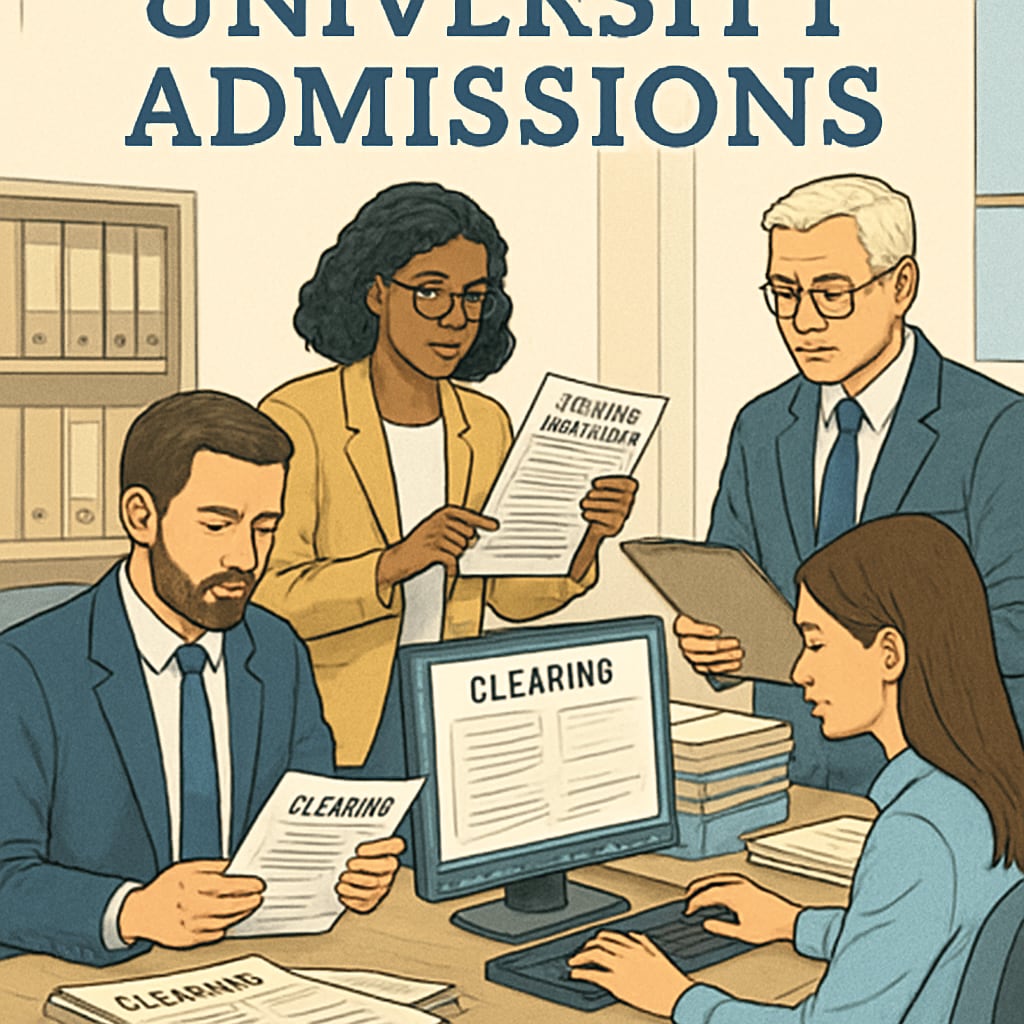Receiving disappointing A-level results can feel like the end of the road, but it doesn’t have to be. In fact, this moment could mark the beginning of a new journey, filled with alternative opportunities and pathways. Whether you’re considering foundation year courses, exploring different university options, or pursuing vocational education, there are diverse ways to achieve your academic and career goals. This article will guide you through three primary paths to help you move forward confidently.
Consider Foundation Year Courses
One of the most common options for students who don’t meet their desired A-level requirements is enrolling in a foundation year course. These programs are designed to bridge the gap between your current qualifications and the entry requirements for undergraduate degrees. Foundation years are typically one-year programs that prepare students academically for their chosen field of study while offering a chance to adjust to university life.
For example, if you’re interested in studying engineering but didn’t achieve the necessary grades, a foundation year in engineering can provide the foundational knowledge required to progress to a full degree. Many universities offer foundation year courses in a wide range of subjects, making it easier to align your studies with your interests.
- Offers tailored preparation for specific degree programs
- Provides a smoother transition to higher education
- Available in various fields, from STEM to humanities
To learn more about foundation courses, you can visit resources like Foundation Year on Wikipedia.

Explore Alternative University Options
If your A-level grades were lower than anticipated, it doesn’t mean you can’t attend university. Many institutions have flexible entry requirements or offer places through clearing—a system that matches students with available courses. Clearing provides a chance to secure a spot at a university that may not have been your initial choice but still aligns with your academic goals.
In addition, some universities focus on a student’s overall potential rather than just grades. They may consider personal statements, references, or interviews to assess your suitability for a program. Researching universities with inclusive admission policies or specialized support for students with non-traditional qualifications can open doors you might not have considered.

Pursue Vocational and Professional Pathways
Another excellent alternative to traditional university education is vocational training. If your A-level results aren’t what you hoped for, this might be an opportunity to consider hands-on, skills-based learning. Programs like Higher National Diplomas (HNDs), apprenticeships, or professional certifications can provide direct pathways to employment in industries such as IT, healthcare, or business.
For example, apprenticeships combine on-the-job training with classroom instruction, allowing you to earn while you learn. These programs are particularly appealing for students who want to gain practical experience and enter the workforce more quickly.
- Focus on career-specific skills
- Cost-effective compared to traditional university degrees
- Leads to direct employment opportunities
To explore vocational pathways in-depth, check out Vocational Education on Britannica.
Final Thoughts: Choosing What’s Right for You
It’s important to remember that A-level results are just one step in your academic journey. Whether you choose a foundation year course, an alternative university pathway, or a vocational training program, there are plenty of options to help you succeed. Take the time to reflect on your interests, strengths, and long-term goals, and don’t hesitate to seek advice from teachers, career advisors, or university representatives.
Setbacks can often lead to unexpected opportunities. By exploring these diverse pathways, you’ll be well-equipped to continue your education and build a fulfilling career.
Readability guidance: Use short paragraphs, clear subheadings, and lists to summarize key points. Distribute transition words throughout the text for smooth reading.


